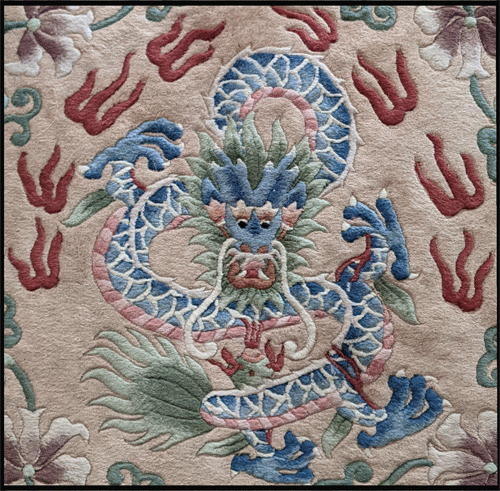We have become a nation of skeptics. Not skeptics of the Scientific American ilk, where believing the official story of 9/11 is somehow being skeptical. No, there are people who don't believe in government, vaccines, climate change, and coronavirus. Statements from institutions like the Federal Reserve to the CDC are regularly accused of being part of one or another nefarious schemes.
How did we get here? Some part of this expansion of disbelief is the exponential increase in our ability to communicate directly with people across the globe. That means we are individually not nearly as isolated as we once were. It's possible to search the entire connected world to find souls who share our feelings and concerns. That's a lot of places to look for agreement. So, for any concern or fear we can probably find others who share it. This has been presented to us as a terrible thing. But, it has meant that people are more questioning about lots of things. Further, they can pose those questions in forums where their ideas get a hearing. I guess the bad news is our more fragmented view of the world means we can more easily be driven by fear, but the good news is the willingness to question the world around us is growing. As teachers would no doubt observe here, a good question is the beginning of learning.
The second thing driving greater skepticism is political groups that benefit from fear. Want to motivate your base? Unify and focus them by making them afraid of something. We see these efforts daily in nearly all political communication. Most of it boils down to "Be afraid. Send me money." Then there is the cross pollination of these two trends, using better communications to make more people afraid.
I'm sure there are tomes written on both of these observations. What doesn't get considered in our appraisal of the source of the ferocity of our debates is the decline in trust in any institution generated by generations of leaders who have traded Americans' trust for their own power. We trusted LBJ when he said we've been attacked in the Bay of Tonkin. We're told that a lone gunmen killed Martin Luther King, JFK, and Robert Kennedy. As a country we believed that Nixon had a secret plan to take us out of Vietnam. Reagan said he didn't negotiate as a private citizen with Iraq to deny Carter a success in freeing the hostages in Iran. George H.W. Bush said he'd never worked for the CIA before he became its director. Clinton told us the North American Free Trade Act would protect American jobs. And, George W. Bush told us that 19 suicidal men defeated the world's most vaunted military without a single shot being fired.
One may believe all of these government pronouncements, but--I suspect--it's much more likely that everyone disbelieves one or more of them. This largely unspoken loss of trust has been accumulating for nearly six decades. So, when the New York Times or the Wall Street Journal declare one side or another of a contentious issue to be "true," there are fewer and fewer people who simply nod and turn away. Defusing issues has become extremely difficult and at least some part of that comes from Americans who know they've been lied to egregiously before.
Failing to acknowledge the source of the growing distrust of venerated institutions in American life means that as a society we overlook the potential of truth to bring us back together.






